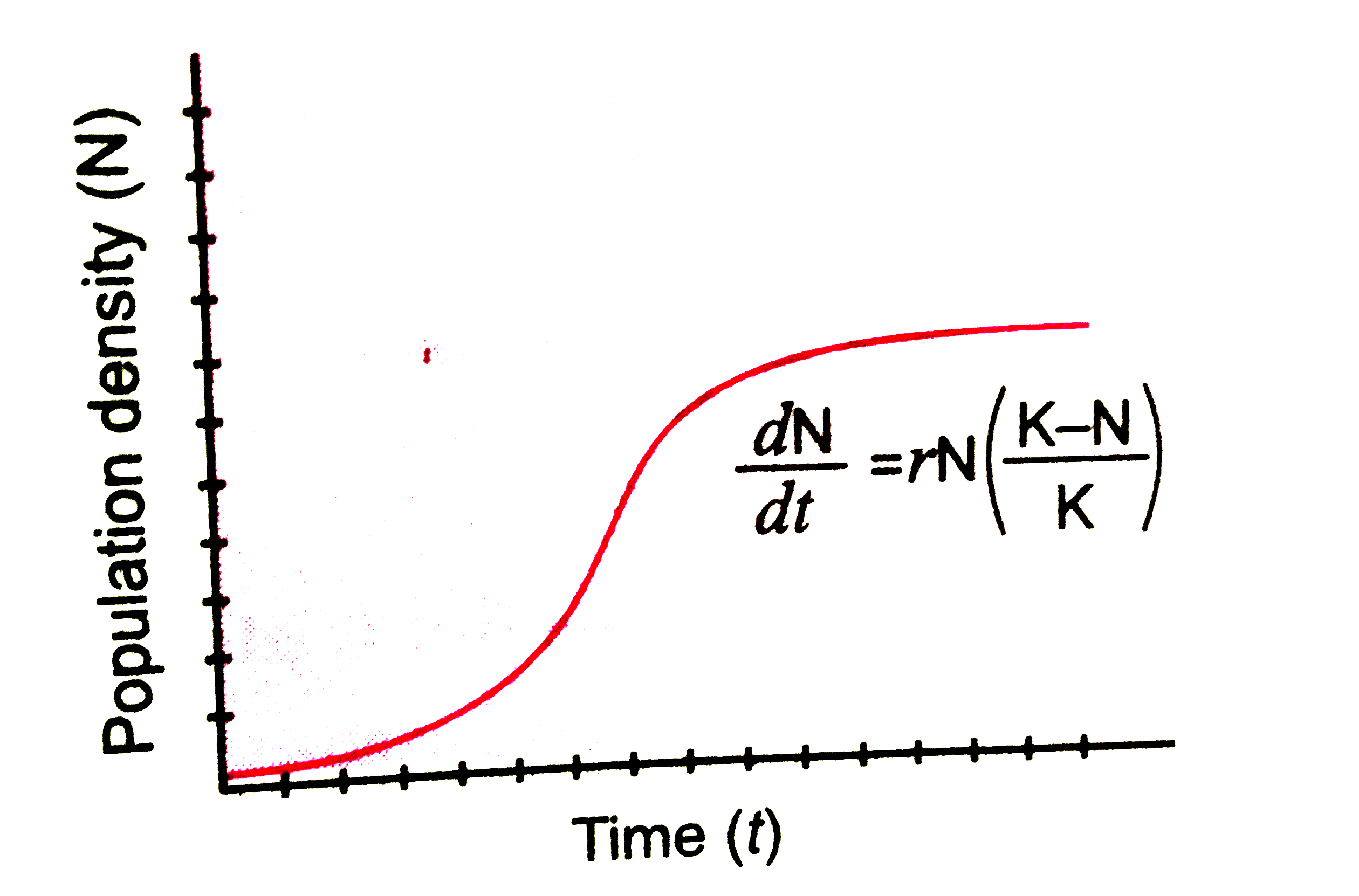Various types of numbers
To understand the various types of numbers, we can categorize them based on their characteristics. Here’s a step-by-step breakdown of the different types of numbers:
Step 1: Natural Numbers
- Definition: Natural numbers are the set of positive counting numbers starting from 1 and going up to infinity.
- Example: 1, 2, 3, 4, 5, ...
Step 2: Whole Numbers
- Definition: Whole numbers include all natural numbers plus zero.
- Example: 0, 1, 2, 3, 4, 5, ...
Step 3: Integers
- Definition: Integers include all whole numbers and their negative counterparts.
- Example: ..., -3, -2, -1, 0, 1, 2, 3, ...
Step 4: Even Numbers
- Definition: Even numbers are integers that are divisible by 2.
- Example: 0, 2, 4, 6, 8, ...
Step 5: Odd Numbers
- Definition: Odd numbers are integers that are not divisible by 2.
- Example: 1, 3, 5, 7, 9, ...
Step 6: Prime Numbers
- Definition: Prime numbers are natural numbers greater than 1 that have exactly two distinct positive divisors: 1 and the number itself.
- Example: 2, 3, 5, 7, 11, ...
Step 7: Composite Numbers
- Definition: Composite numbers are natural numbers greater than 1 that have more than two positive divisors.
- Example: 4, 6, 8, 9, 10, ...
Step 8: Perfect Numbers
- Definition: Perfect numbers are positive integers that are equal to the sum of their proper divisors (excluding the number itself).
- Example: 6 (1 + 2 + 3 = 6), 28 (1 + 2 + 4 + 7 + 14 = 28).
Step 9: Co-prime Numbers
- Definition: Co-prime numbers are pairs of numbers that have no common factors other than 1.
- Example: 8 and 9, 15 and 28.
Step 10: Twin Primes
- Definition: Twin primes are pairs of prime numbers that have a difference of two.
- Example: (3, 5), (11, 13), (17, 19).
Step 11: Rational Numbers
- Definition: Rational numbers are numbers that can be expressed as the quotient of two integers (p/q), where q is not zero.
- Example: 1/2, 3, 0 (which can be written as 0/1).
Step 12: Irrational Numbers
- Definition: Irrational numbers are numbers that cannot be expressed as a simple fraction; their decimal expansions are non-terminating and non-repeating.
- Example: √2, π (pi).
- Definition: Natural numbers are the set of positive counting numbers starting from 1 and going up to infinity.
- Example: 1, 2, 3, 4, 5, ...
- Definition: Whole numbers include all natural numbers plus zero.
- Example: 0, 1, 2, 3, 4, 5, ...
- Definition: Integers include all whole numbers and their negative counterparts.
- Example: ..., -3, -2, -1, 0, 1, 2, 3, ...
- Definition: Even numbers are integers that are divisible by 2.
- Example: 0, 2, 4, 6, 8, ...
- Definition: Odd numbers are integers that are not divisible by 2.
- Example: 1, 3, 5, 7, 9, ...
- Definition: Prime numbers are natural numbers greater than 1 that have exactly two distinct positive divisors: 1 and the number itself.
- Example: 2, 3, 5, 7, 11, ...
- Definition: Composite numbers are natural numbers greater than 1 that have more than two positive divisors.
- Example: 4, 6, 8, 9, 10, ...
- Definition: Perfect numbers are positive integers that are equal to the sum of their proper divisors (excluding the number itself).
- Example: 6 (1 + 2 + 3 = 6), 28 (1 + 2 + 4 + 7 + 14 = 28).
- Definition: Co-prime numbers are pairs of numbers that have no common factors other than 1.
- Example: 8 and 9, 15 and 28.
- Definition: Twin primes are pairs of prime numbers that have a difference of two.
- Example: (3, 5), (11, 13), (17, 19).
- Definition: Rational numbers are numbers that can be expressed as the quotient of two integers (p/q), where q is not zero.
- Example: 1/2, 3, 0 (which can be written as 0/1).
- Definition: Irrational numbers are numbers that cannot be expressed as a simple fraction; their decimal expansions are non-terminating and non-repeating.
- Example: √2, π (pi).
Similar Questions
Based on position, classify various types of meristems.
View SolutionName various types of barriers of innate immunity.
View SolutionList various types of isomerism possible for coordination compounds, giving an example of each.
View SolutionDiscuss various types of interspecific interactions found amoung populations .

View Solutiondifferentiate between the various types of meristem on the basis of position.
View SolutionWhat are various types of industries?
View SolutionEnlist the various types of cancer .
View SolutionEnlist the various types of cancer .
View SolutionName the various types of temperature injuries.
View SolutionExplain with examples the various types of industries.
View Solution